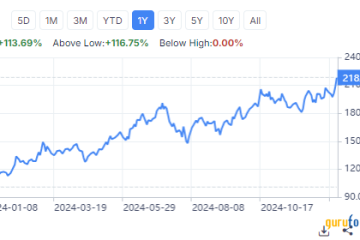Bibi Netanyahu’s Influence on Global Politics Today
Introduction
Benyamin “Bibi” Netanyahu, a significant figure in Israeli politics, has been at the center of global diplomacy for decades. His tenure as Prime Minister of Israel has sparked widespread discussion and controversy, making him a pivotal player in Middle Eastern and global politics. As nations navigate complex issues regarding security, peace, and economic partnerships, understanding Bibi’s policies and strategies is vital for grasping current geopolitical dynamics.
Current Events Surrounding Bibi Netanyahu
Netanyahu’s recent actions have been under intense scrutiny, particularly as he continues to navigate the challenges posed by the ongoing conflict with Hamas and changing relationships with countries like the United States and neighboring Arab nations. Following last month’s military operation in Gaza, which Israel initiated in response to rocket attacks, Netanyahu’s administration has received both criticism and support. While some argue that his firm stance is necessary for national security, others are concerned about the humanitarian impact of continued military actions.
In light of these developments, Netanyahu has also made efforts to strengthen ties with Arab states, building on the Abraham Accords, a series of agreements aimed at normalizing relations between Israel and several Arab countries. Recently, he met with leaders from the UAE and Bahrain to discuss expanding trade and cooperation, which could serve as a stabilizing force in the region.
Controversies and Challenges
Despite these initiatives, Netanyahu’s leadership has not been without its challenges. His domestic policies face opposition from various political factions, especially in light of ongoing judicial reforms that many perceive as threatening the independence of the judiciary. These reforms have sparked widespread protests across Israel, highlighting a divided public opinion on Netanyahu’s governance. As he battles increasing political pressure at home, his ability to effectively project Israel’s interests abroad is further complicated.
Conclusion
As Bibi Netanyahu continues to shape both domestic and foreign policy, his approach will likely have long-term implications for regional stability and peace. Analysts predict that if he maintains his hardline stance against perceived threats while pursuing diplomatic relations with neighboring countries, he may achieve a precarious balance of power. However, with public dissent growing within Israel and international expectations evolving, the path ahead looks increasingly complex. For readers interested in the intricacies of global politics, staying informed about Netanyahu’s actions will be crucial as they unfold in this ever-changing landscape.








